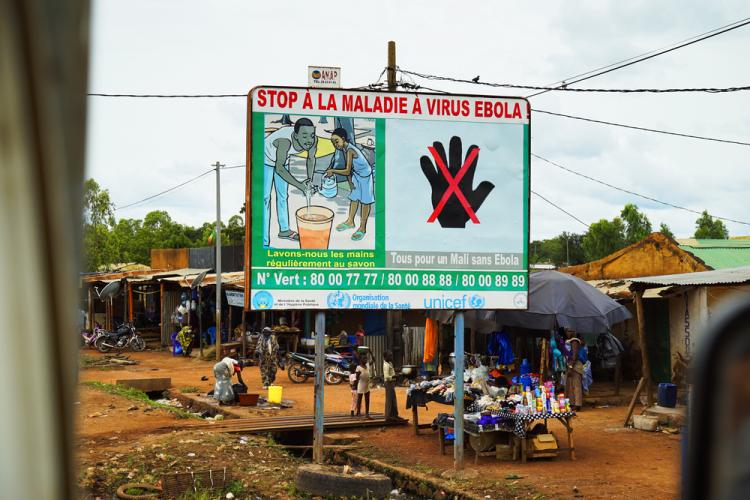European marketing authorisation, WHO prequalification and an expert-backed recommendation mean the IMI-funded J&J vaccine is closer to widespread uptake to prevent future outbreaks

The complete study results of the IMI-funded EBOVAC-Salone study were recently published in the Lancet, showing that the Johnson & Johnson Ebola vaccine regimen is safe, well-tolerated and produces a strong immune response in people over the age of one, the first evaluation of the vaccine regimen in children.
The study findings had already contributed to the approval and marketing authorisation of the J&J Ebola vaccine regimen in July 2020 by the European Commission, for use in both children and adults, and to WHO prequalification in April 2021, which is a step towards formally registering the vaccine regimen in countries at risk of Ebola virus disease outbreaks.
In another important milestone, the WHO’s Strategic Advisory Group of Experts (SAGE) on Immunization made a recommendation in support of using the regimen during outbreaks for people at risk of Ebola exposure and preventively for first responders. Focus now shifts to securing national registrations for the vaccine in Ebola-affected countries in Africa. Discussions are also ongoing with the U.S. Food and Drug Administration regarding the approval of the vaccine regimen in the U.S.
Prequalification and procurement
These are important milestones for the Ebola vaccine regimen. Problems with the quality of medicines and their supply led to the creation of WHO medicines prequalification in 2001. A review process was put in place whereby stringent assessment criteria are used to determine the safety, efficacy and quality of pharmaceutical products. The term ‘prequalification’ refers to the outcome: after WHO approval, a medicinal product is deemed eligible to participate in UN procurement tenders.
The Strategic Group of Advisory Experts on immunization (SAGE) is an independent advisory committee tasked with advising the WHO on the development of policy related to vaccines and immunization. The approach of this advisory group is well recognised and important because it provides international evidence-based recommendations.
The IMI Ebola+ programme
Conducted in Sierra Leone, the EBOVAC studies of the vaccine regimen, which is based on Janssen’s proprietary AdVac® viral vector technology, were carried out in Kambia district of the country as a collaboration between the London School of Hygiene & Tropical Medicine and Sierra Leone's College of Medicine and Allied Health Sciences, under the IMI EBOVAC projects. Further studies were carried out in Guinea and Sierra Leone to investigate whether the vaccines are safe and induce immune responses among infants aged under one year, and to follow up adult and child participants over five years to assess the potential for long-term protection. The EBOVAC projects are part of IMI’s Ebola+ programme, launched in 2014 in rapid response to the Ebola outbreak in western Africa.
Links
The Lancet papers and other publications from the EBOVAC project
